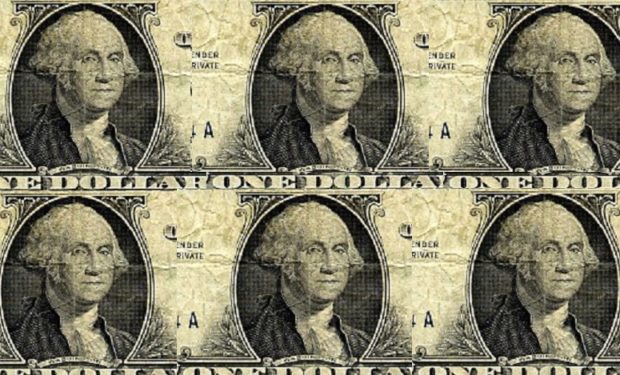With the dollar, the natural instinct of those not schooled in high finance is to think stronger, better. But it’s not so simple. Most Rhode Islanders and Nevadans don’t have euros in their pockets. Nor do they have British pounds or Japanese yen in the bank. What they have are dollars, and they want them to be strong. But here’s where economists disagree about the relative merits of a strong dollar — a subject much in the news thanks to Treasury Secretary Steven Mnuchin‘s public indication that he likes his dollars weak.
Here’s the crux: If you make solar panels in Michigan and want to sell them to Denmark, a weak dollar is good for you because it means euros buy more solar panels and business is greased. But if in order to make your solar panels you have to import a special glue, say, from Scotland, then the weak dollar means it costs you a lot more. So whether a strong dollar is good for Americans isn’t always obvious. It depends on what position you’re in.
Here’s a rule (or two) of thumb:
- a weak dollar actually means good things to American manufacturers who export their products, because the money being paid for those products is highly valued and the American-made product is attractive at the exchange price. (It’s also good for the 401K’s of people with American multinationals in their portfolios.)
- a weak dollar is bad for companies and people who import goods, because the cost of imported goods is more. Also: weak dollar may make US companies less attractive to foreign investors as investment assets. It’s important to remember that for all the talk of America first, it’s America first, not America only. American companies and still want to attract foreign investment.
What monetary policy seeks is a balance between American purchasing power (best with strong dollar) and positive conditions for American-made goods on the global market (best with weak dollar).
